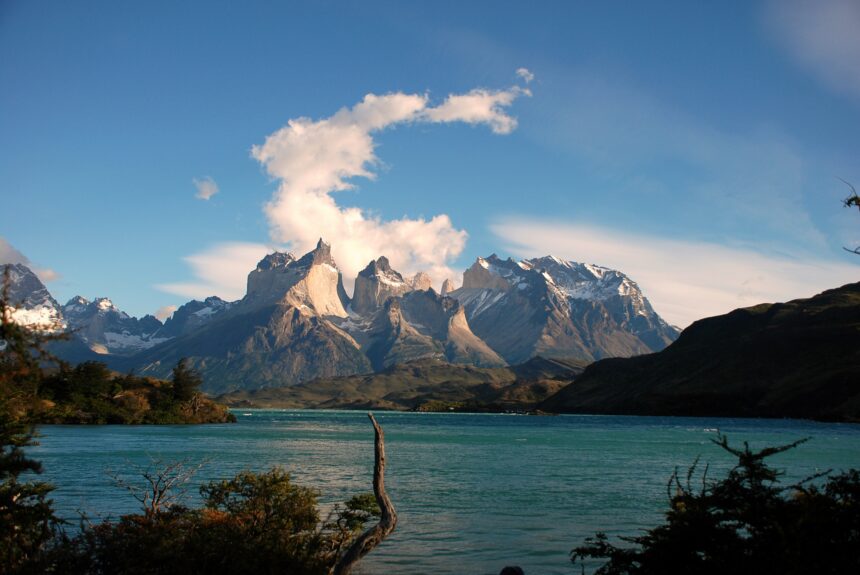Nearing the end of his life and unsure of what to do with his multibillion-dollar company, Yvon Chouinard settled on an unusual approach.
In a letter posted to Patagonia’s website on September 14, Patagonia founder and 83-year-old multibillionaire Yvon Chouinard shook the business world with an unexpected announcement: he had given his company away to help fight climate change. Effective immediately, the Chouinard family permanently transferred $3 billion worth of shares in Patagonia to two specially designed entities created to protect the planet: the Patagonia Purpose Trust and the Holdfast Collective. Yvon Chouinard no longer owned the five-decades-old company with a cult-like following.
>>>READ: Thrifting: How Young Shoppers Are Changing the Face of Fashion Consumerism
The Patagonia Purpose Trust now owns all of the company’s voting stock–equivalent to 2% of Patagonia’s total shares. The other 98%, non-voting share of Patagonia will be held by the Holdfast Collective, a new environmental non-profit group tasked with using the funds raised by the outdoor apparel giant to combat climate change. The Collective will use all profits which are not re-invested back into the company to finance conservation projects and other environmental initiatives. Patagonia is fighting climate change with an expected $100 million in annual profits, 100% of which will be donated as dividends to the Collective. Both entities are intended to achieve Mr. Chouinard’s twin aims of running a for-profit business and protecting the planet.
The Collective “will use every dollar received from Patagonia to protect nature and biodiversity, support thriving communities and fight the environmental crisis,” Patagonia said in the letter.
At the same time, the famed sportswear brand will continue to donate one percent of its annual sales to grassroots environmental causes, keeping in line with the company’s longstanding 1% for the Planet initiative.
In the historic announcement, Chouinard described his decision as “going purpose,” noting that Earth was now it’s “only shareholder.” Rather than going public like a traditional company would, or leaving the business to his two adult children, Fletcher and Claire, the elder entrepreneur decided the best way to raise the capital needed to counter climate change was to re-organize Patagonia under this new, sustainability-maximizing arrangement.
Chouinard had also contemplated selling the business and donating all the proceeds to charity, a move best epitomized by his late billionaire-turned-conservationist best friend and The North Face founder Douglas Tompkins.
However, Chouinard appeared unconvinced that Patagonia would be able to retain its core spirit under this new ownership structure.
>>>READ: How startup ReCircled is designing for circular fashion
“One option was to sell Patagonia and donate all the money. But we couldn’t be sure a new owner would maintain our values or keep our team of people around the world employed.”
“Another path was to take the company public,” Chouinard explained in the letter. “What a disaster that would have been. Even public companies with good intentions are under too much pressure to create short-term gain at the expense of long-term vitality and responsibility.”
Ultimately, the best option to ensure that Patagonia is fighting climate change for years to come was to settle on the two trusts.
Moving forward, all funds received by Patagonia will be used to tackle climate change. The leadership will remain the same, with the Chouinards continuing to serve on the board of Patagonia as advisers. Importantly, the family lost all rights to a profit when they forfeited the company.
While not everyone may be ready to donate their company just yet, Patagonia’s purpose-driven business model could be a blueprint for private-sector leaders worldwide. Patagonia’s lifelong commitment to defending the environment proves capitalism and planetary sustainability are not at odds.
Nathalie Voit is a freelance content creator and a graduate of the University of Florida. She is an alumni of The Heritage Foundation’s Young Leaders Program.
The views and opinions expressed are those of the author’s and do not necessarily reflect the official policy or position of C3.
